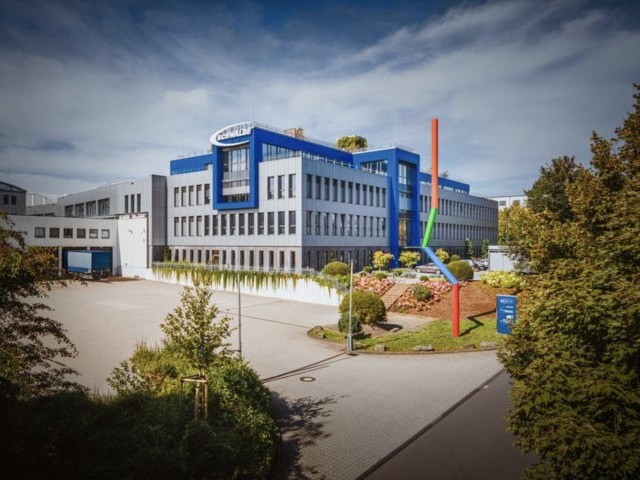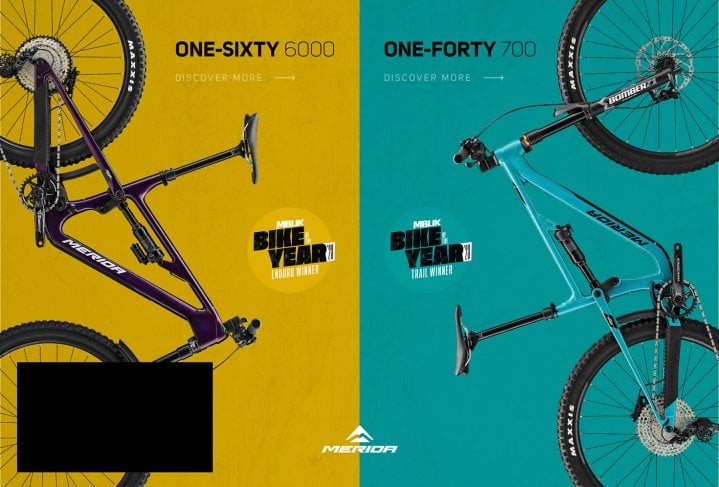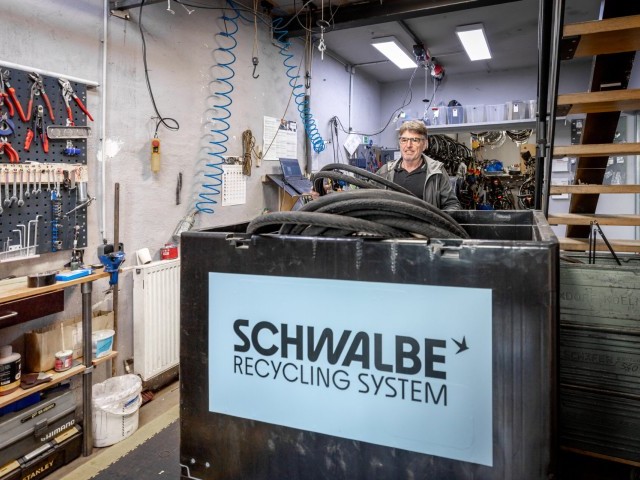Schwalbe Commits to Major Climate Targets
Schwalbe commits to reducing 50% of emissions by 2030 and 100% by 2040.
Ralf Bohle GmbH with its Schwalbe brand joins the Science Based Target Initiative (SBTi) and thus commits to concrete climate protection measures. The absolute priority is the drastic reduction of emissions, the urgency of which to combat climate change is well
known. The Intergovernmental Panel on Climate Change talks about the period from 2020 to 2030 as the decade of action.
Schwalbe is taking responsibility with its scientifically based goals and wants to make an active contribution to limiting global warming to well below 2°C. The company has therefore set itself two major goals:
– Short-term: Schwalbe will reduce its Scope 1 and Scope 2 emissions by at least 50% by 2030, starting from the base year 2018.
– Long-term: Schwalbe’s goal is to reduce its business-relevant Scope 1, 2 and 3 emissions to net zero* by 2040, starting from the base year 2018. This would mean that the company would no longer contribute at all to the burden of emissions on the atmosphere.
CEO Frank Bohle emphasizes: “Climate change requires the fastest action from all of us. That is why we have set ourselves high targets to underline that we want to take responsibility as a company. We hope that many others will follow our example.”
The Science Based Targets (SBTi) initiative mobilizes companies to take urgent climate action. Companies rely on SBT to demonstrate their commitment to reducing emissions and set solid, credible targets that are consistent with climate science.
A key component to achieving the near-term goal by 2030 is the planned complete electrification of Schwalbe’s corporate vehicle fleet. In addition, all Schwalbe sites are to source renewable energy exclusively. For the long-term target, Schwalbe is aiming to reduce emissions along its entire value chain. The first step has already been taken with the thermal utilization of biological waste instead of coal at the Schwalbe plants. Further steps will follow with the continuous expansion of renewable energies.
Greenhouse gas emissions are categorized into scopes according to where they occur in the value chain:
– Scope 1 includes all direct processes, operations and services provided by the company’s own employees, machinery and vehicles, as well as at its own sites, e.g., fuels burned for heating or for the company’s own vehicle operations.
– Scope 2 only includes the sources from which electricity, steam, heating and cooling are procured.
– Finally, Scope 3 summarizes all other indirect emissions generated in the production of raw materials, products or services along the upstream and downstream value chain. For the majority of companies, including Schwalbe, the main share of their emissions lies in this area.
About the Science Based Target Initiative (SBTi):
The Science Based Targets Initiative helps companies define, evaluate, and validate climate targets that are consistent with current scientific knowledge and that contribute toward the Paris Climate Agreement’s goal of limiting global warming to well below 2
degrees. The initiative was founded in 2015 by WWF (World Wide Fund for Nature), the Carbon Disclosure Project (CDP), the United Nations Global Compact and the World Resources Institute (WRI) to drive significant reductions in global greenhouse gas emissions at the business level as well the wider economy and governments.
*Net zero means that the total emissions emitted within a fiscal year are offset against the amount removed from the atmosphere through reduction measures. The reduction measures account for at least 95% of scope 1 and scope 2 emissions and at least 90% of scope 3 emissions. The reduction of the remaining emissions is achieved by financing special climate protection and development projects, in particular by permanently removing and storing emissions from the atmosphere.








